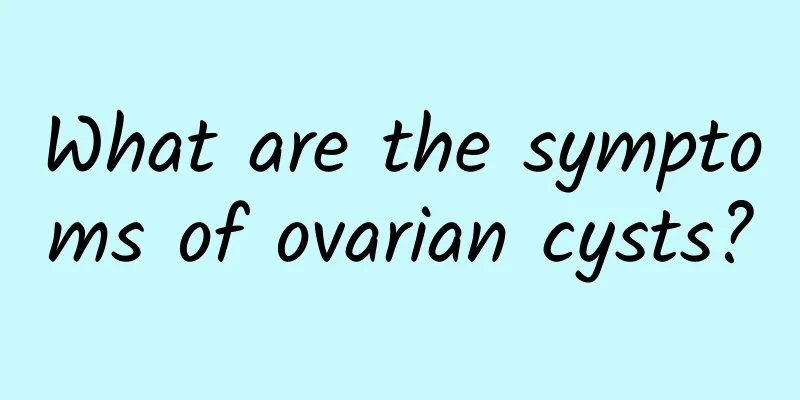Specific methods of dietary conditioning to help treat dysmenorrhea

|
Dietary conditioning is an indispensable part of the treatment of dysmenorrhea, and it is also something that many urban working women attach great importance to. Our gynecological experts have also summarized many dietary conditioning methods suitable for patients with dysmenorrhea in the long-term treatment of dysmenorrhea . During the treatment of dysmenorrhea, patients should have a diversified diet and should not be picky eaters. They should often eat vegetables and fruits that have the effect of regulating qi and promoting blood circulation, such as shepherd's purse, coriander, carrots, oranges, bergamot, ginger, etc. People with weak bodies and insufficient qi and blood should often eat foods that replenish qi, blood, liver and kidneys, such as chicken, duck, fish, eggs, milk, animal liver and kidneys, beans, etc. If menstruation has already started, you should avoid all raw, cold and irritating foods, such as peppers, raw onions, raw garlic, pepper, etc. You can eat some sour foods, such as pickled cabbage and vinegar, which can relieve pain. In addition, people with dysmenorrhea should keep their bowels open and eat as much honey, bananas, celery, sweet potatoes, etc. as possible, because constipation can induce dysmenorrhea and increase pain. During the treatment of dysmenorrhea, the diet should be light and easy to digest within 3 to 5 days before menstruation, and raw and cold foods should be avoided, because raw and cold foods will stimulate the uterus and cause the fallopian tubes to contract, thereby inducing or aggravating dysmenorrhea. Patients with dysmenorrhea can drink some wine in moderation to promote blood circulation, dilate blood vessels, relax smooth muscles, and play a certain role in the prevention and treatment of dysmenorrhea. If the amount of menstrual blood is not much, drinking some wine in moderation can relieve symptoms and, to a certain extent, play a therapeutic role in dysmenorrhea. The above are some dietary conditioning methods recommended by our gynecologists in the treatment of dysmenorrhea. I hope that after reading the above content, everyone can have a deeper understanding of the treatment methods of dysmenorrhea, and hope that everyone can stay away from the distress of dysmenorrhea. |
<<: What are the common treatments for dysmenorrhea?
>>: Several common misunderstandings in the treatment of dysmenorrhea
Recommend
Laboratory tests for hyperprolactinemia
Although hyperprolactinemia is a common and frequ...
To get rid of stress-induced obesity, first take care of your autonomic nervous system! Chinese Medicine Practitioner Zhou Zonghan: "This 1 trick" helps relieve emotions
Obesity is most likely caused by too much stress!...
Can a severe threatened miscarriage be cured?
The fast-paced life often makes many professional...
Are the symptoms of cervical precancerous lesions serious?
There are many symptoms of cervical precancer. As...
Causes of hyperprolactinemia in women
What are the causes of hyperprolactinemia in wome...
Is it expensive to treat endometrial thickening?
Endometrial thickening is a common disease that o...
What methods can effectively treat cervical erosion? 5 measures are most effective in treating cervical erosion
Cervical erosion is a common gynecological diseas...
Don’t indulge in weight loss during the New Year holiday! Eat breakfast to stabilize blood sugar and get rid of obesity
During the Spring Festival holiday, people’s appe...
What to do if you have dysmenorrhea due to qi and blood deficiency
If dysmenorrhea is caused by deficiency of Qi and...
What are the most common symptoms of pelvic inflammatory disease?
There are many diseases in the pelvic cavity, and...
What are the symptoms of cervical erosion in women after taking suppositories? What are the precautions for cervical erosion in women?
Cervical erosion is a gynecological disease with ...
Analysis of the three most common causes of ectopic pregnancy
The cause of ectopic pregnancy is a question that...
Can drinking brown sugar water cure dysmenorrhea? It has a warming effect on the abdomen
A large number of women suffer from dysmenorrhea,...
What causes ectopic pregnancy in the fallopian tube?
What is ectopic pregnancy in the fallopian tube? ...
There are three ways to diagnose ectopic pregnancy:
Nowadays, more and more female friends have ectop...









